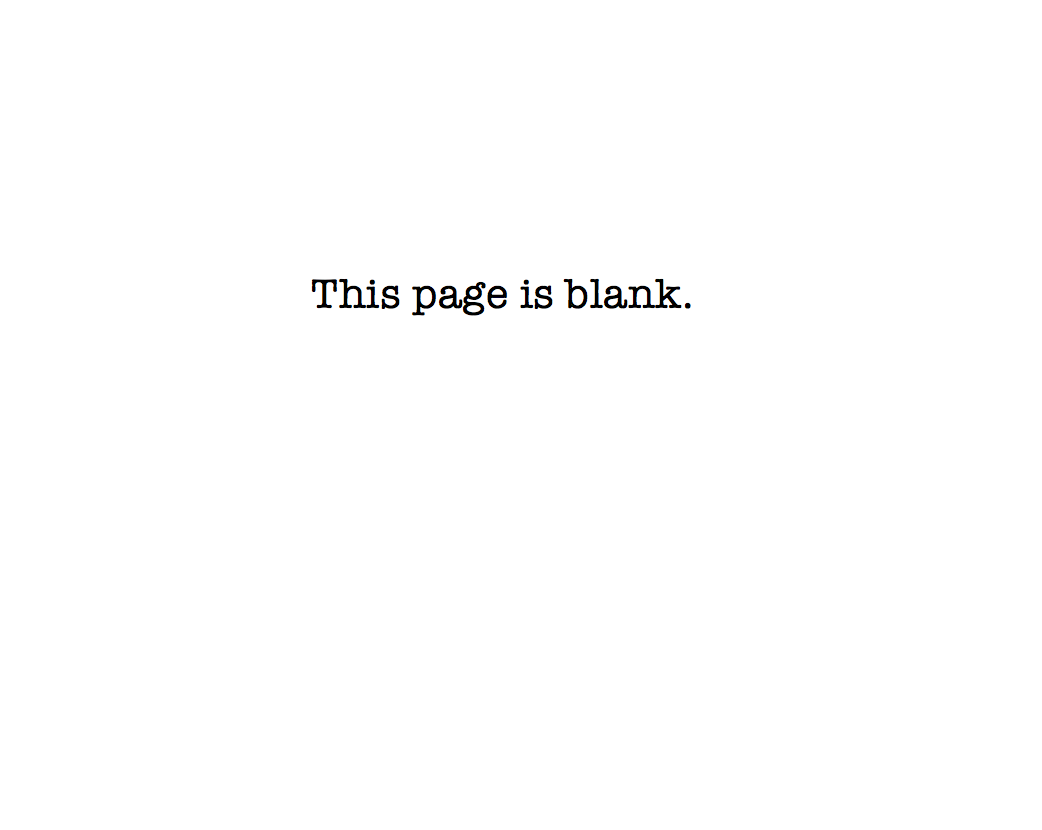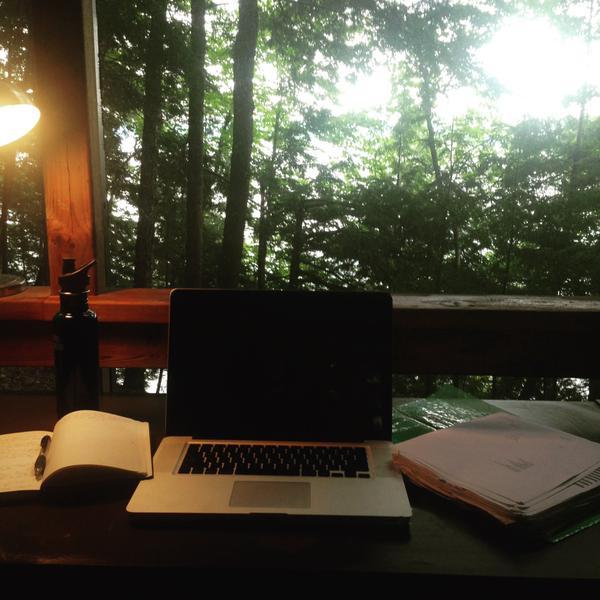Here's a post I wrote 2.5 years ago titled The Truth About First Drafts. I'll sum it up for you: First drafts usually stink. As Hemingway said, The first draft of anything is s**t. First drafts are a quagmire of half-formed themes, of thin plot lines & dropped threads, of characters who started out named Mark somehow ended up named Mike. First drafts are the kitchen when you're halfway through preparing that massive and complex meal: A complete mess. It's been a long time... years... since I've stared a first draft in the face. A month ago, I handed in a final draft of a novel. That sweet, spell-checked, edited, organized beast of a final draft that will never be perfect but it's pretty good to me. I birthed it and raised it and loved it and sent it out into the world.
Time to let it go. Time to start again.
I began my first novel by writing 50 pages at the Muskoka Novel Marathon. I was working from a one-page outline that dropped off at the end of the first act. I had a premise but not a plan. With the second novel, I'm trying a different approach by creating a thorough outline, the writer's equivalent of using an elaborate recipe. The best cooks may not need one; maybe they can add and remove and dabble and correct and invent as they go. But I'm pretty sure writing the first book without a strong outline made the process more complex and lengthy than it needed to be. Because I wrote a thriller with thriller elements like plot twists and red herrings and sneaky characters doing sneaky things, not having an intricate plan made for a lot of stops and starts later. In essence, if you're writing a whodunit, it's a good idea to know whodunit before you start.
I'm no fool: I know that an outline won't absolve me of extensive editing. I know that the first draft will still be a big mess. But this time I'm hoping for some method to the madness. I've often gone back to these two little essays by Andrew Pyper and Sheila Heti, each taking a side on whether to outline or not. Both make excellent points. Last time I was with Heti, and this time I'm with Pyper. I'll let you know whose side I'm officially on when I finish the second book.
On a practical note, there are some tools of the trade that writers can use for outlining. My most beloved writing software Scrivener has features that support the planning stage. I've also tried The SnowFlake Method, a program designed specifically to help writers build a plan before they begin writing. Here's the idea: Think of a snowflake. You start in the centre with a premise, and you slowly build the complexity from there. The software is well-designed and easy to use, leaving lots of room in my brain for pesky creative things like inventing characters and putting them in dicey situations.
This time I'm not as afraid of the first draft. I'm ready, outline in hand. I'm prepared to get messy. Here I go.






